
SXSW EDU has unveiled nearly half of the lineup for the 2023 event scheduled for March 6–9, 2023, in Austin, featuring topics considered the most pressing in education, the organization said, after more than 1,200 proposals were whittled down by conference organizers and voting through PanelPicker.
A 15-year study of 18 million Facebook posts linked to U.S. schools and school districts shows that millions of students have been unintentionally put at risk by identifiable images, names, and locations available to the public.
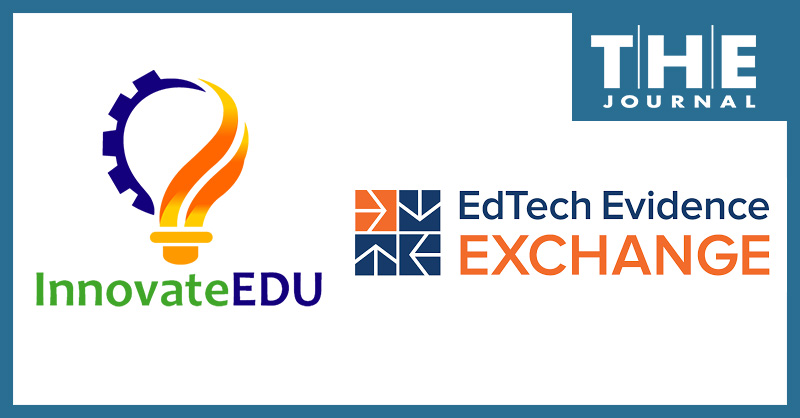
Two national nonprofits, EdTech Evidence Exchange and InnovateEDU, are merging in hopes of accelerating their work to improve outcomes and efficiencies in the usage of technology K–12 education, the organizations announced.
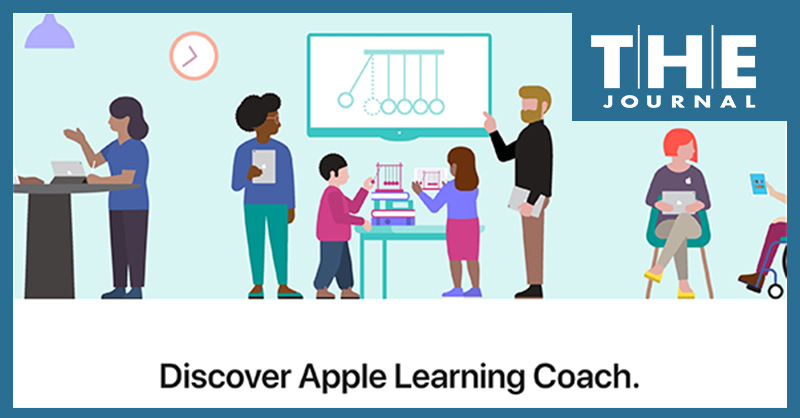
Apple recently announced a number of updates and new resources for K–12 educators, including new instructional resources emphasizing project-based learning, creativity, and collaboration, as well as professional learning opportunities.
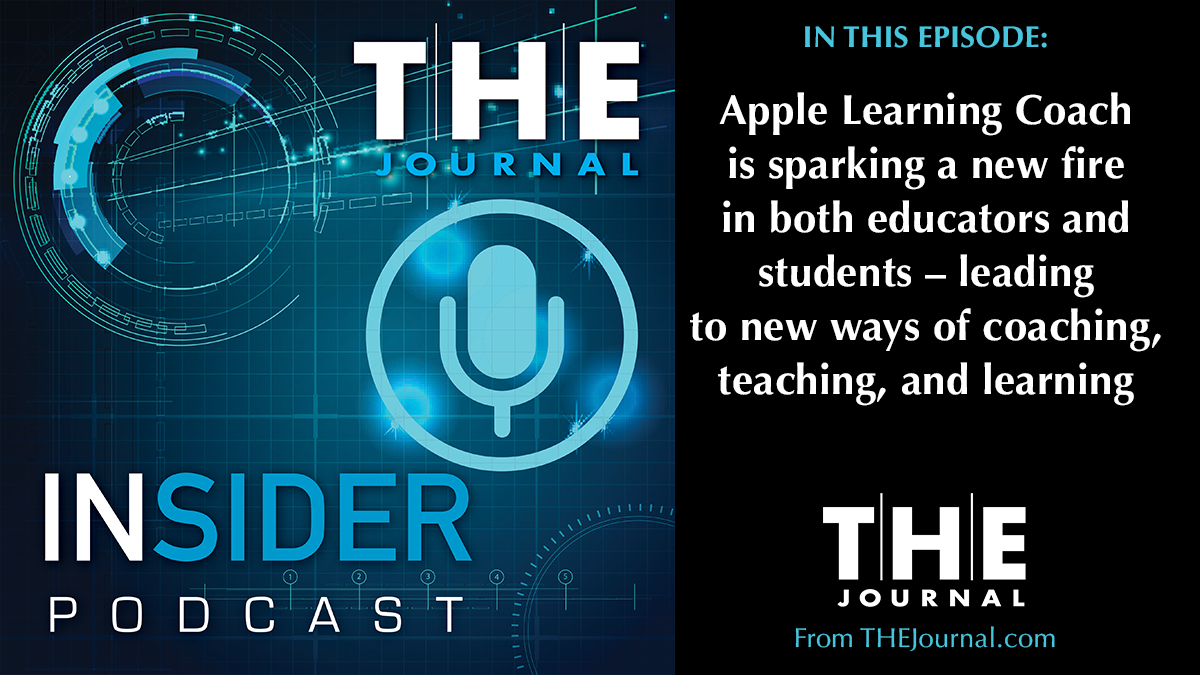
THEJournal.com editor and host Kristal Kuykendall visits with several K–12 educators, instructional coaches, and education technology specialists who participated in the Apple Learning Coach pilot program before it was launched publicly this past March and they share deep insights and inspiring stories about how ALC has been a change agent at their schools: from helping spark new enthusiasm among students and teachers, and improving the frameworks of existing teacher coaching programs, to building technology-powered instruction that dramatically increases student engagement, creation, and collaboration.

October 2022 People on the Move for K-12 education include Judi Dodson at Tools 4 Reading, Camila Franco at Newsela, Sashangar “Sash” Sreetharan at ParentSquare, Ty West at Age of Learning, Andrew Poggio at DreamBox Learning, Dionna Smith and Ya Xu at GoGuardian, David Dimmett at Project Lead The Way, Marlon Marshall at City Fund, and dozens of leadership awards recipients at the Association of Latino Administrators and Superintendents annual conference.
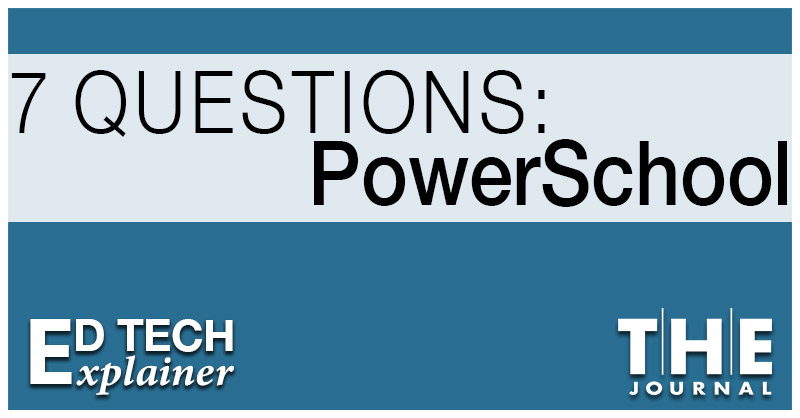
THE Journal's 7 Questions: Ed Tech Explainer series features PowerSchool Group VP Shivani Stumpf, who explains the new Data-as-a-Service solution for education called Connected Intelligence, how it works, what it will offer public schools and state education agencies that is not commonly available now, and how she envisions it helping improve K–12 education.
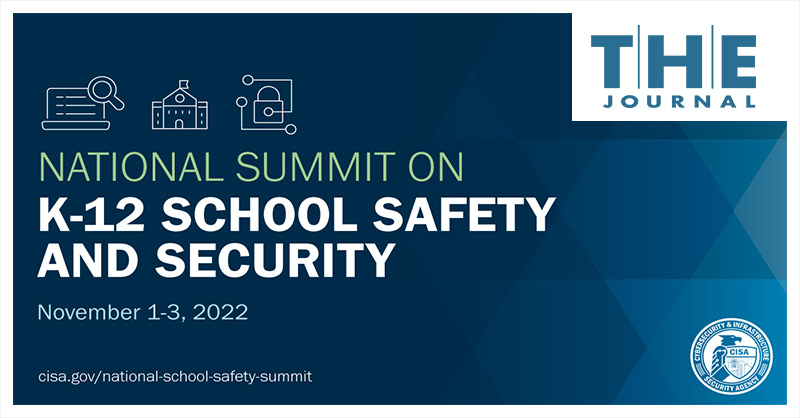
Registration is now open for the Cybersecurity and Infrastructure Security Agency’s virtual 2022 National Summit on K–12 School Safety and Security, scheduled for Nov. 1–3, 2022, and the event is specifically for public school leaders and policymakers at the state level and for local K–12 administrators, principals, educators, IT practitioners, school safety officials, mental health professionals, and school board members, CISA said.
McGraw Hill has announced the launch of its mobile study app, SHARPEN, to help students who have been turning to social media to find studying help. In a recent Morning Consult survey McGraw Hill conducted of 500 undergraduate students, 74% said they had changed the way they study due to the pandemic, citing stress and overwhelm as factors.

The internet has proven to be a critical tool in the classroom. Even with broad support among parents for the internet as a vital educational tool, we know the internet is a vast and varied place that can easily become a distraction or even a danger. This is where digital citizenship comes in. A former education director of technology offers five tips for embedding good digital citizenship across K–12 schools.